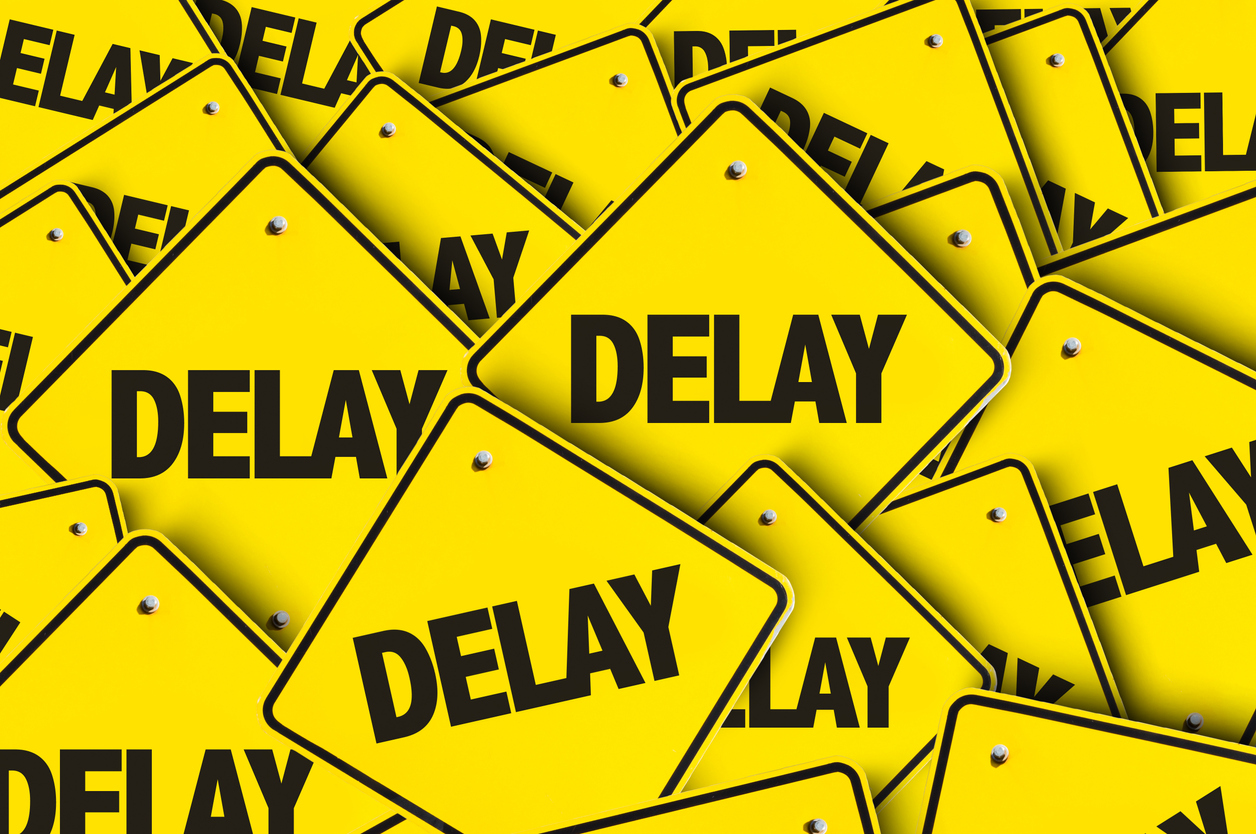One year ago, I wrote Does the Appraisal Process Violate the Constitution? This was about a Hurricane Irma appraisal case which is still moving at a snail’s pace. The parties have not even started the appraisal process because of all the issues being raised by the insurance company. The federal appellate court ruled last week that those issues could not be ruled upon until a final judgment is entered by the trial court.1
The practical effect is that large appraisals may have all kinds of interim issues that arise and create issues for litigation at a later date. While a trial court can make some rulings, like ordering that the case proceed to appraisal, the insurer can then challenge whatever ruling comes from the appraisal panel in court. The court can agree or require a re-appraisal. Only then can an appellate court review the entirety of the entire proceeding.
Consider the facts leading up to the current status of the case, as noted by the court:
On September 10, 2017, Hurricane Irma struck Naples. Nearly seven months later, Positano notified Empire of storm damage to the Insured Property. Empire investigated the claim and inspected the Insured Property. Empire and Positano exchanged a series of letters relating to Positano’s claim over a period of approximately three years. The details of those letters are not relevant to the issue before us. Suffice it to say that the parties disagreed about the amount of covered losses incurred by Positano as a result of Hurricane Irma.
At some point during this process, Positano sent a written request for appraisal to Empire. After Positano’s appraisal request went unanswered, it filed a complaint against Empire in Florida state court. Empire subsequently removed the action to the United States District Court for the Middle District of Florida on the basis of diversity jurisdiction. After its initial complaint was dismissed in part, Positano filed its amended complaint. In its amended complaint, Positano asserted three claims: (1) specific performance; (2) breach of contract; and (3) declaratory judgment. As to specific performance, Positano alleged that the Policy’s appraisal provision demonstrated the parties’ intention to have disputes related to causation, scope, and loss be resolved through the appraisal process upon either party’s demand. It alleged that the parties’ dispute was not a coverage dispute but a dispute over the amount of loss. As
to the breach of contract claim, Positano alleged that Empire acknowledged loss and coverage but had failed to comply with its contractual obligations to engage in the appraisal process and had not paid in full for the covered losses suffered by Positano. And, as to the declaratory judgment claim, Positano asked the district court to declare, among other things, that it had ‘properly invoked the Policy’s appraisal provision.’
Empire’s answer asserted nineteen affirmative defenses against Positano’s claims. Many of these affirmative defenses are coverage defenses, and, at the time this appeal was filed, the district court had not issued any dispositive rulings as to those coverage defenses.
Positano then moved to compel appraisal and to stay the proceedings pending completion of appraisal. The district court referred the motion to compel to a magistrate judge. The magistrate judge issued a report recommending that the district court grant Positano’s motion, finding that Empire did not dispute Positano’s assertion that a “dispute has arisen over the scope and amount of [its] damages” and that requiring the parties to engage in appraisal was therefore appropriate.
The appellate court ruled it did not have jurisdiction regarding the motion to compel appraisal. But these issues are going to be raised again. Can anybody come up with a less efficient process than this mess? By the time the appraisal process is finished, it will be more than six years since the storm.
In his dissenting opinion, one very experienced judge noted how this is simply becoming a protracted mess:
It seems to me that, as a policy matter, there exists a desire not to hear interlocutory appeals, but rather to keep reviewable issues out of the appellate courts as a prophylactic matter so litigation can continue until the end…Under the Majority’s framing, inefficiency will flourish. Empire could be in this Court three times: now, after judgment, and maybe after the retrial.
I raised this issue at a recent Insurance Appraisal and Umpire Association (IAUA) conference in Denver. Appraisal is supposed to be a fast and uncostly method to resolve the amount of the loss. While coverage issues are not to be made by the panel, attorneys for insurance companies are increasingly making factual determinations of loss into alleged coverage issues. In essence, the insurer is trying to get two bites at arguments to pay less. The appraisal award is made, and then litigation commences based on these alleged coverage issues and procedural issues arising during the appraisal. The larger the award, the more often insurers file lawsuits after the appraisal award.
The only difference here is that the insurer is making arguments before the appraisal and slowing the process right away. It will certainly make them after the appraisal is over, assuming it does not also raise them during the appraisal.
So, why go through this delay? Why not just get the issues resolved in court? Maybe somebody other than insurance companies and their counsel can think of good reasons to wait five or six years to get paid what is owed, but not me. Policyholders are not expecting that type of delay following a major loss.
I am certain Steve Badger and I will discuss and debate the implications of this case. We will be doing so at the upcoming IAUA panel discussion next week in Florida and on July 20-21 in Park City, Utah.
Thought For The Day
Circumstances may cause interruptions and delays, but never lose sight of your goal.
—Mario Andretti





